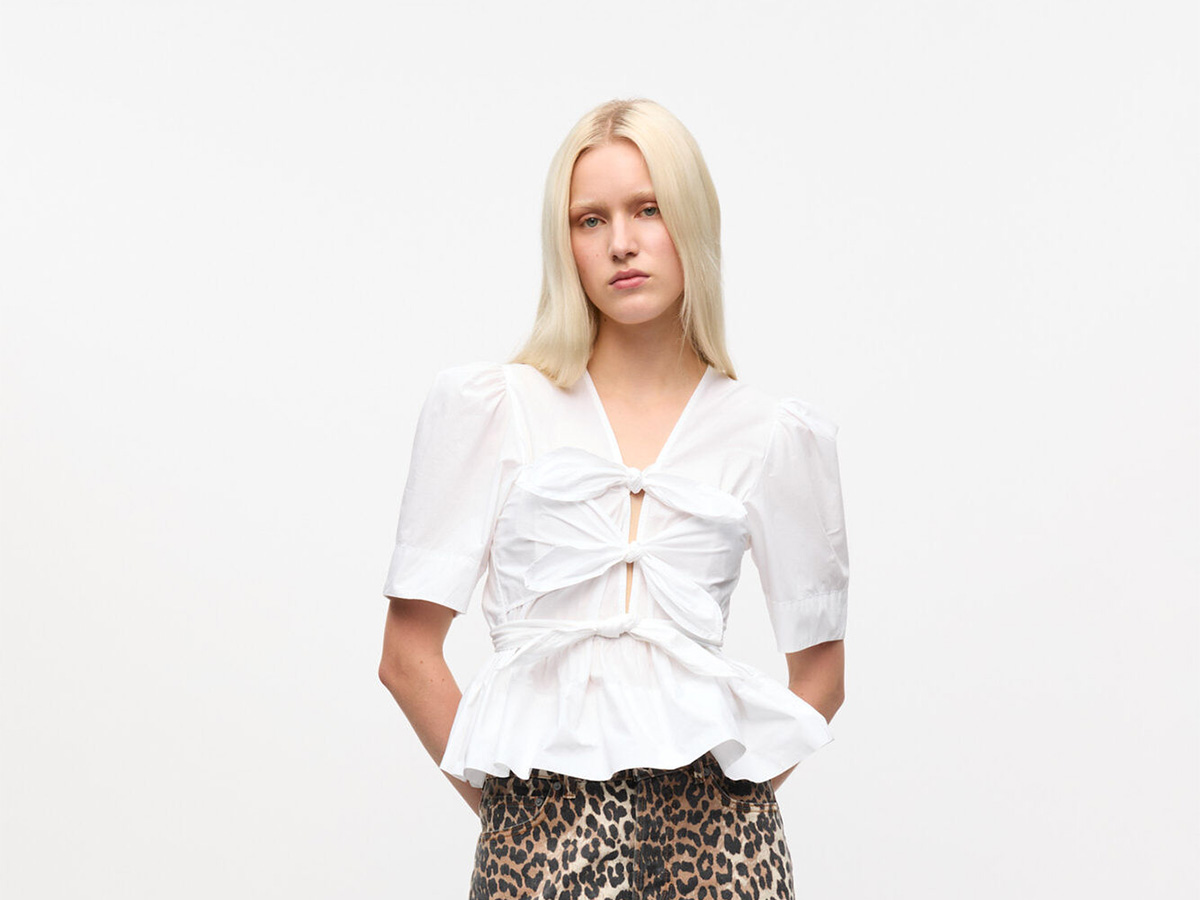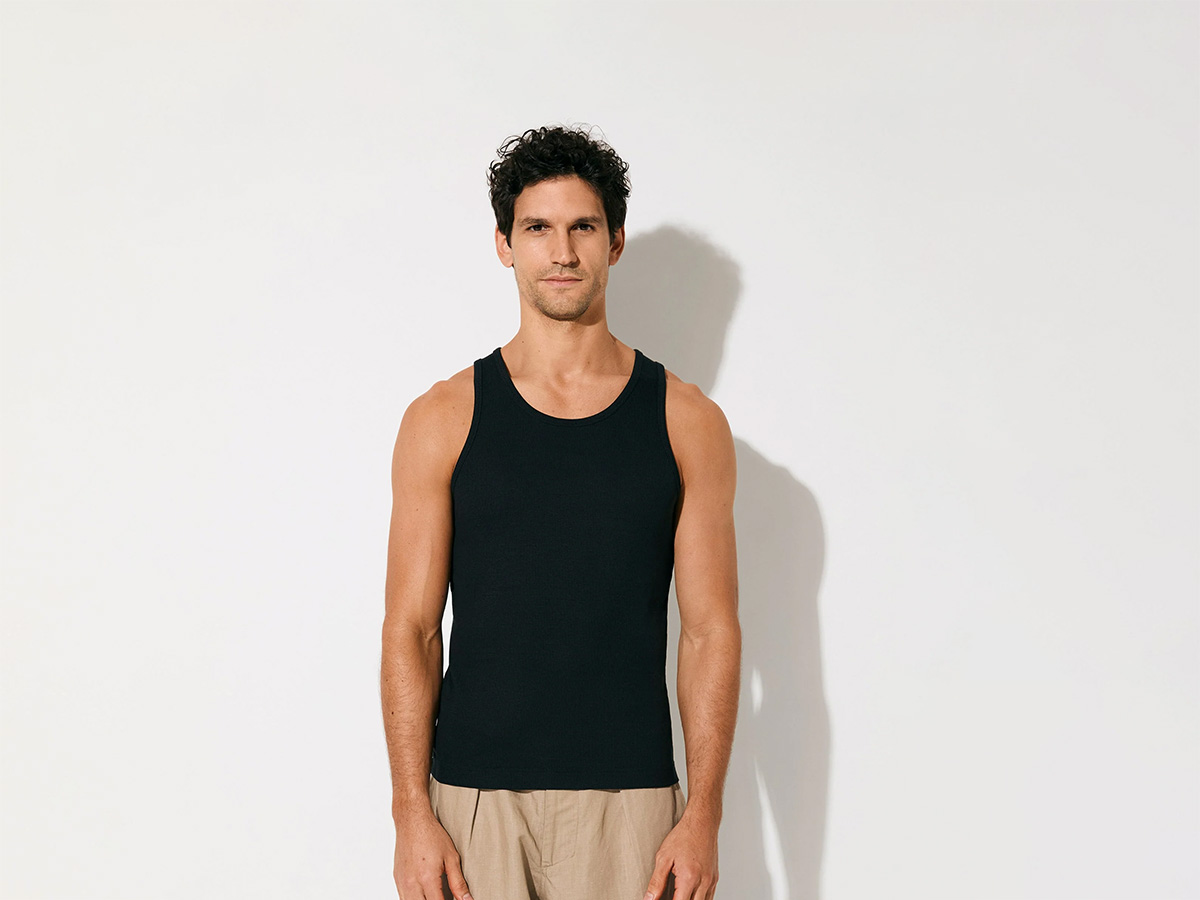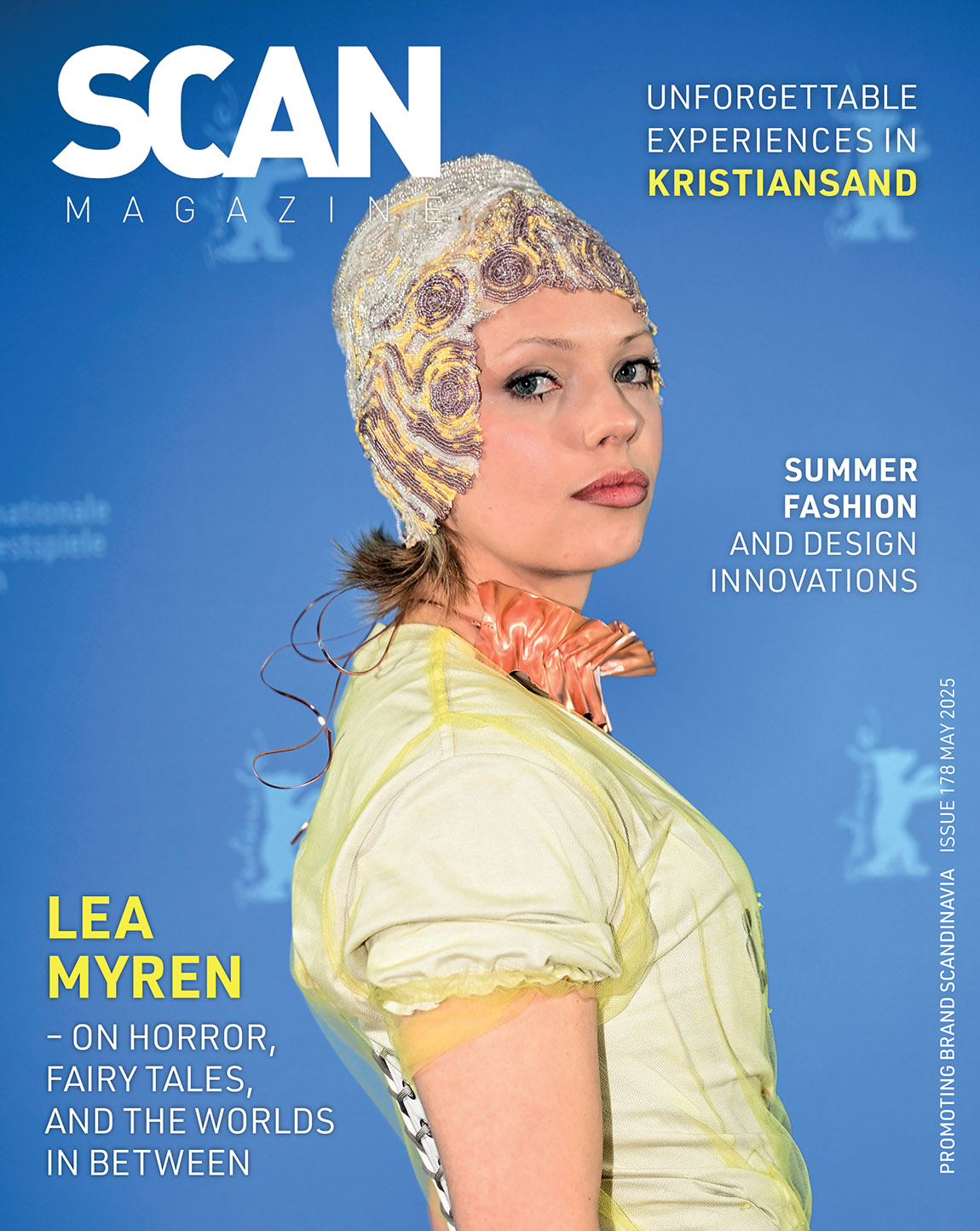Swedish Fashion Council – growing the second-hand market, a circular ecosystem, and diversity in fashion
By Malin Norman | Photos: Swedish Fashion Council
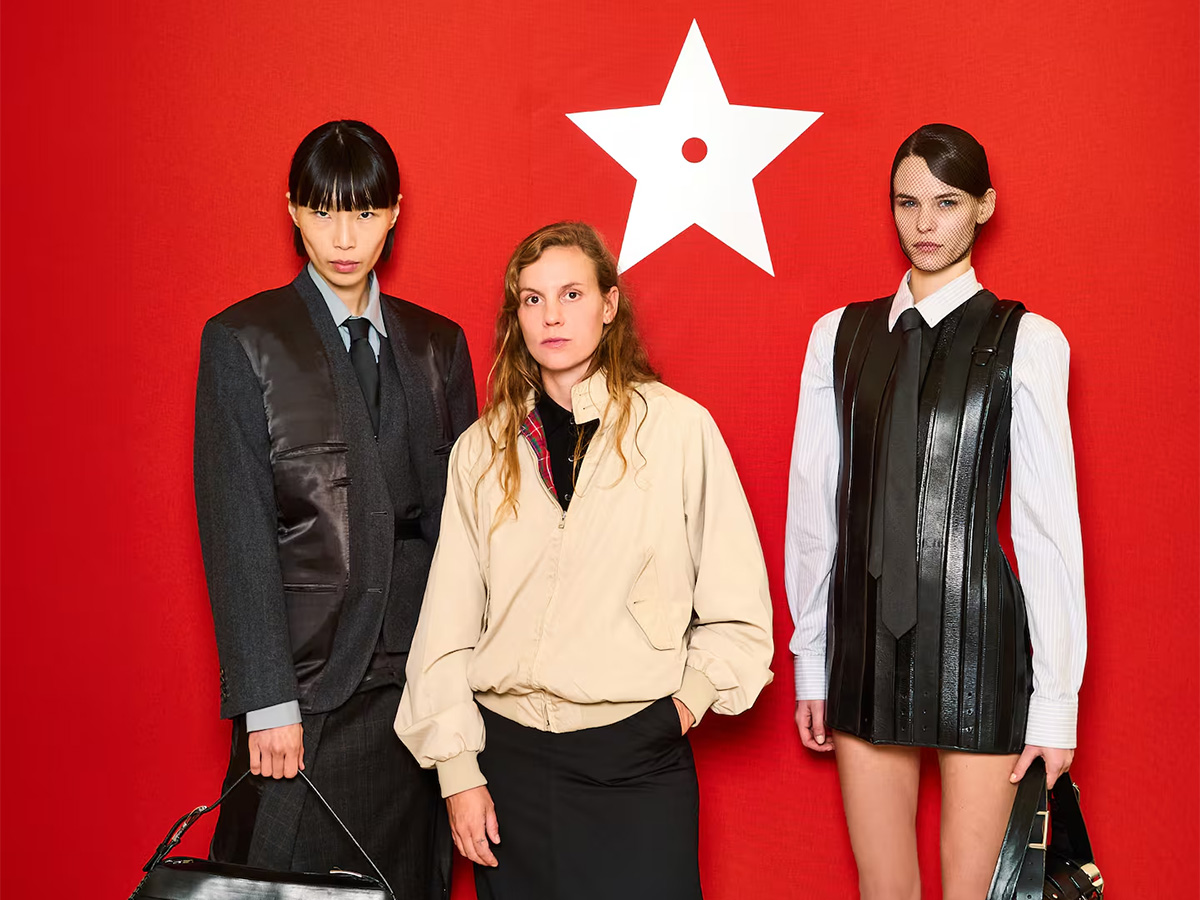
HODAKOVA, LVMH 2024.
With a robust creative sector, a strong focus on innovation, and close proximity between policymakers and industry leaders, Sweden is well-positioned to lead the fashion transformation.
Spearheading this fashion transformation is the Swedish Fashion Council (SFC). By promoting, innovating, and educating the industry, the organisation is accelerating the transformation and actively shaping the future of fashion.
“At SFC our aim is to promote, educate and innovate the Swedish fashion industry to become globally leading,” says Jennie Rosén, CEO. “I truly believe we have been able to see the bigger picture, showing a new era of Swedish fashion that has impacted the industry both nationally and globally.”
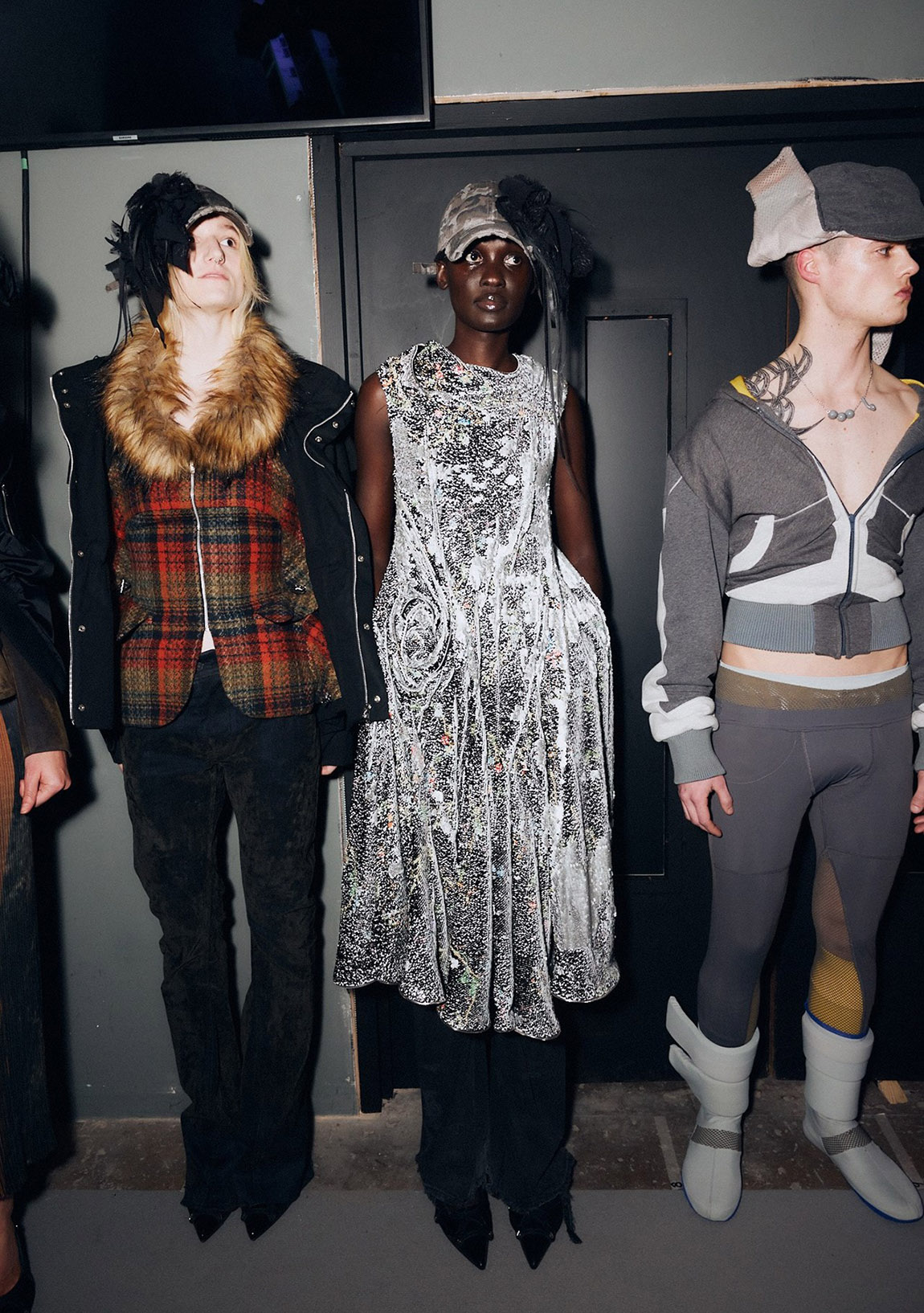
Petra Fagerström.
Diversity in the fashion industry
In 2023, SFC presented the second edition of the Fashion Transformation Report at [Fashion X] Stockholm. Topics include the economics of fashion, a circular fashion industry, the technological acceleration of fashion, and political initiatives.
![Fashion [X] Showroom.](https://scanmagazine.co.uk/content/uploads/2025/04/SFC_3.jpg)
Fashion [X] Showroom.
The Swedish Fashion Council and the British Fashion Council are the first players to launch reports showcasing quantitative data on diversity. This latest edition of the Fashion Transformation Report is the first quantitative report to measure diversity in the fashion industry, highlighting an industry struggling with unequal access to opportunities, a lack of leadership representation and anxiety around discussing issues related to diversity and inclusion.
This edition also shows how the acceleration of the second-hand market is still increasing. Together with Swedish Commerce (Svensk Handel), SFC has developed a KPI to measure the growth of the second-hand market. According to Swedish Commerce’s own report, Pre Loved, the total second-hand market for 2024 had a revenue of SEK 16,8 billion, of which 4,7 billion was within the fashion sector.
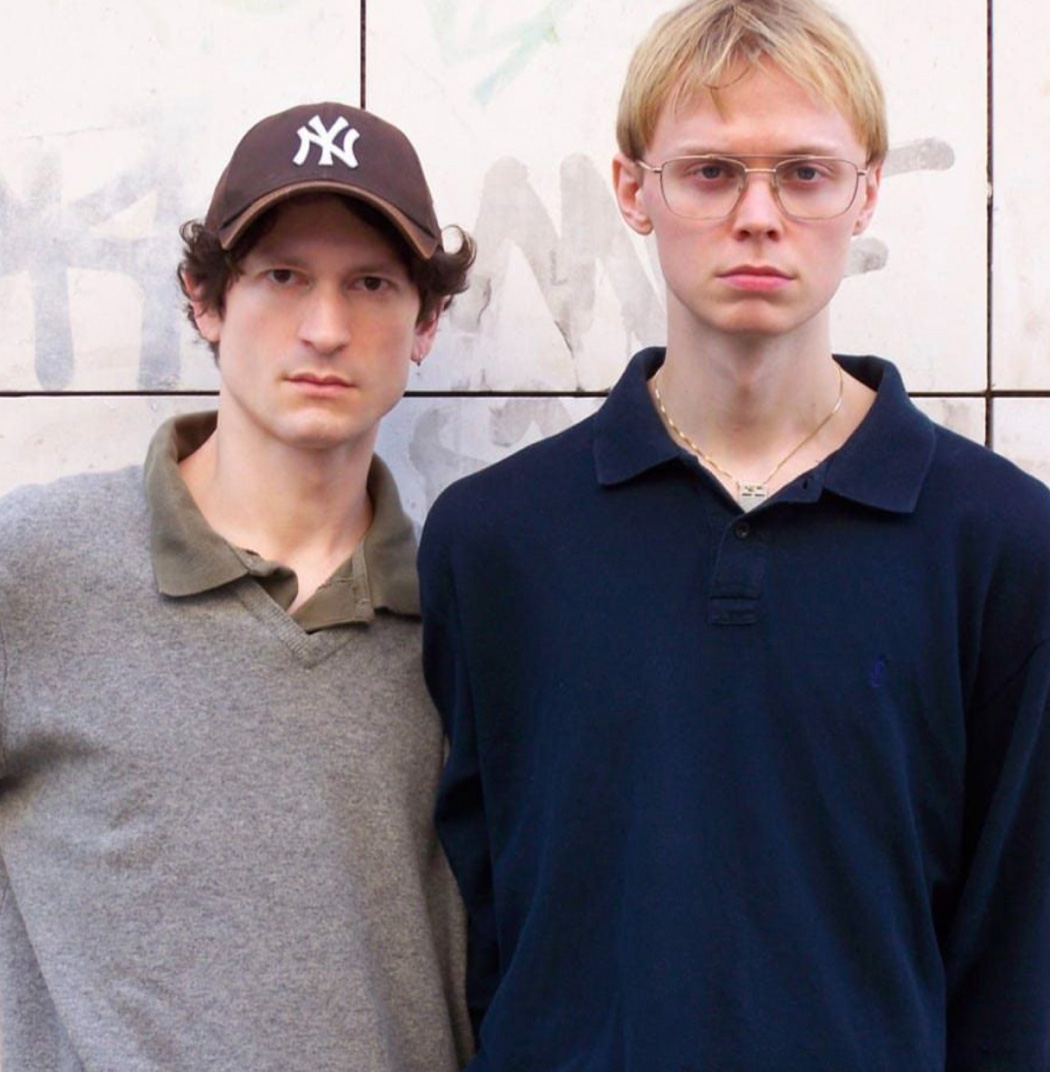
ALL-IN STUDIO, LVMH 2025.
Achieving a circular ecosystem
“Sweden is at the forefront of design, sustainability, and innovation in the fashion and textiles industries,” says Rosén. “Collaboration is more important than ever, not only within the industry but also across industries.”
HODAKOVA is one example of a brand demonstrating the value of collaboration in achieving a circular ecosystem. It is part of the SFC [INCUBATOR] and winner of the LVMH PRIZE 2024.
The brand was launched in 2020 and aims to convert old materials into luxurious goods. Its founder, Ellen Hodakova Larsson, is an alumna of the Swedish School of Textiles, one of the world’s top universities for fashion and textile design.
HODAKOVA’s collections are locally produced at XV Production, a micro-factory in Borås. This is a growing trend, according to Rosén: “We see a lot of micro-factories popping up, especially in the west coast of Sweden, making it easier for Swedish brands to produce locally.”
![Fashion [X] Showroom.](https://scanmagazine.co.uk/content/uploads/2025/04/SFC_6.jpg)
Fashion [X] Showroom.
Fashion [X] Showroom in Paris
In March, SFC saw the return of Fashion [X] Showroom 2025 in Paris, which showcased the lineup of HODAKOVA as well as LVHM semi-finalist ALL-IN STUDIO, the third brand represented by SFC to reach the LVMH top 20, plus 2025 CSM graduate and L’Oreal Professional Creatives Award Winner Petra Fagerstrom.
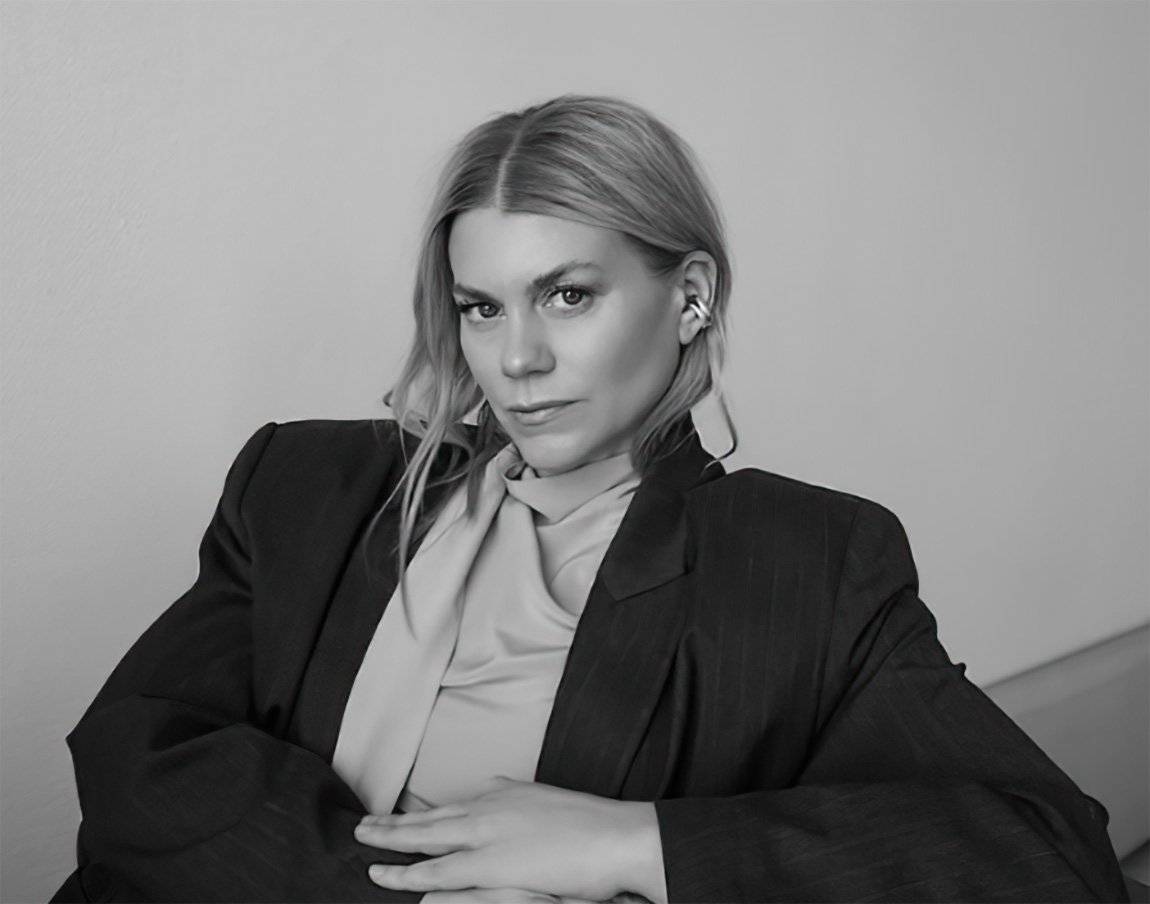
Jennie Rosen, CEO, Swedish Fashion Council.
Web: swedishfashioncouncil.se
Facebook: SwedishFashionCouncil
Instagram: @swedishfashioncouncil
Subscribe to Our Newsletter
Receive our monthly newsletter by email


